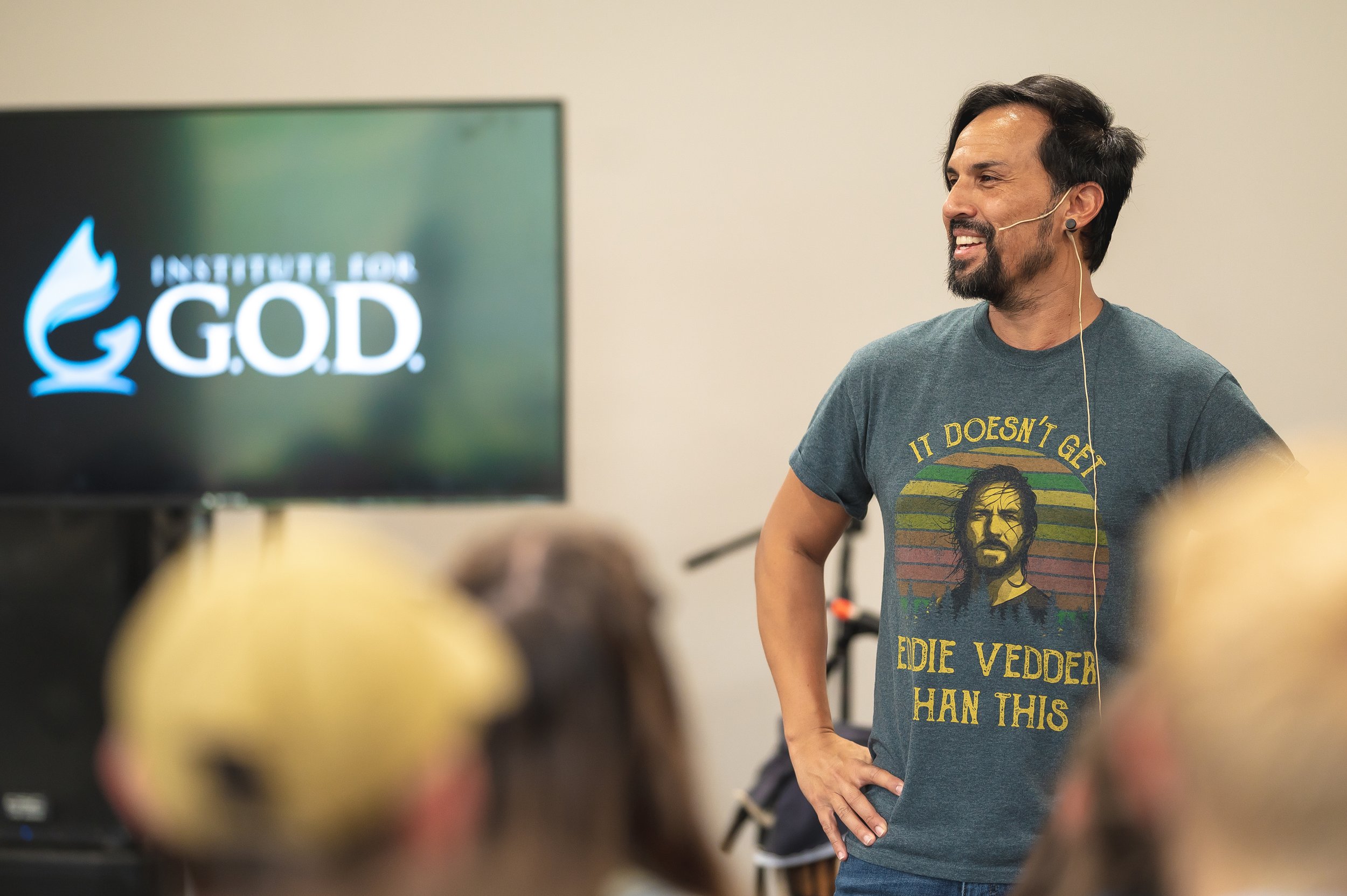If God called us to do Something, Is Training Necessary - won’t God make a way?
Look at any of the leaders in the Bible. You’ll be hard pressed to find one who didn't go through a journey of preparation to become who God needed them to be. Submitting to preparation is often the first step of obedience.
Being involved in Biblical education for the past 15 years I’ve talked to several people who feel called by God. Some feel called by God to mission work, some feel called to be pastors or youth ministers, some feel called to bless others through music or counseling ministries, some feel called to serve others through health or other types of care, and some feel called to learn the Bible. Many of you reading this blog may even feel called by God to do something, and this is a wonderful thing. We know from scripture that laborers are few and that the Lord needs them sent (Luke 10:2), but does calling equal capability?
In considering this topic I thought of a song by Don Moen that contains the following lyrics:
God will make a way, when there seems to be no way. He works in ways we cannot see, He will make a way for me. He will be my guide, hold me closely to his side, with love and strength for each new day, he will make a way.
While Don wrote this song as a response to the tragedy of his nephew’s untimely death in a car accident, the line “he works in ways we canot see”, when taken out of context, becomes problematic for Christians. Often Christians believe that calling is enough and that God will take it from there and make us capable, sometimes, for some reason, often without effort on our part.
Receiving a calling can be exciting. Taking the steps to fulfilling that calling are often scary. It seems the preparation/training itself becomes a test regarding whether or not we’re ready to implement the calling received.
Can’t we just “get out there and do something?”
In my own life, I have seen that often, a calling brings so much excitement. To begin, the person called by God feels excited, and they often want to “get out there and do something.” Further, church leaders and other authroity figures quickly get behind a person who feels called and plug them into service. For example, a person called to minister abroad can quickly find avenues to do so through mission trips. Or a person who feels called to preach can quickly get thrown up behind a pulpit in a service led by the youth department at their local church. Granted, such opportunities can be formative, and much can be learned through them, but is calling and simply doing enough?
In a chapel sermon at the beginning of our Fall semester, Institute founder and President Gregg Garner reflected on this reality, noting a significant distinction in preparatory expectations for people involved in Christian ministry compared to other fields. For example, if you had a toothache you would go to the dentist. You would expect that dentist to be both trained and experienced in his field before you let him touch your mouth or tell you what needed to be done. In the same way, if you needed surgery, you would want the surgeon to be trained and verified before you let him wield his scalpel. If you asked about the qualifications of either of these imaginary professionals and were answered with, “I feel called to do this,” you would undoubtedly probe deeper to ensure their calling was accompanied by the competency and capacity to provide the service you need.
Ministers must be competent, capacity building takes time
At The Institute, we believe the same thing should be true for people involved in Christian ministry, particularly since scripture refers to itself as being sharper than a double-edged sword (Heb 12:14). Ministers should have the capacity to render the service needed by the people on the other side of their calling, particularly when the reputation of Jesus is at stake and in many ways reflected by the quality of service rendered. Paul highlights this concept in 2 Corinthians 3, noting that his ministry is effective because God made him competent to minister to the Corinthians and that ministry resulted in identifiable changes on the hearts of those who received his ministry.
Developing spiritually mature, competent professionals for global impact is the abbreviated version of the Institute’s mission statement. We want to see Christians who are confident and capable in the role God has called them to, but realize that calling is but a first, and wonderful point at the beginning of the journey of someone who wants to serve Jesus with their lives. If God has called you to do something you need to get prepared to do it effectively.
The Institute teaches 60 out of 66 books of the Bible in its undergraduate program. Students graduate with a solid foundation of the overarching story of God and his will for the world.
You can’t live out a calling from God without knowing his Word.
We accomplish this by making sure all of our programs prioritize learning the Bible, as it is the necessary foundation for any kind of ministry one might feel called to do. Ministering to youth, congregations, international audiences, or individuals through counseling or healthcare all require an understanding of the Word. Scriptures provide a wealth of content from which you need to draw to find the strength to engage in service to those in need, spiritually or otherwise. Further, you want to make sure that your teachings echo those in Scripture, that your counsel is consistent with the expectations God has on humanity, and that your healthcare prioritizes the right things as modeled by Jesus. Without such knowledge, people default to whatever is trending in the culture. While this may be an easier and more appealing route, it is not consistent with God’s expectations nor will it result in your optimal capacity to fulfill your calling.
To summarize: If you feel God has called you to something - that’s great, but it’s the first step. If we consider Paul’s words mentioned above, competency derived from the preparation God has done in our lives is necessary. This competency must be rooted in our understanding of the word of God if we want to fulfill our callings his way. If he’s called us, preparation is necessary. Learning God’s word is the way that he has made to mature us so that we can best represent him in our fulfillment of that calling.
God will make a way, but that way MUST include biblical education, as that’s something we see even in the development of Jesus. We believe we do an unrivaled job at teaching the Bible, both in the classroom and in the culture of the Institute for G.O.D., and that you should consider one of our programs to help you establish that necessary foundation for ministry. Ultimately you should spend some time with God, who has called you, seeking the next step you should take in growing in the capacity necessary to fulfill your calling.




